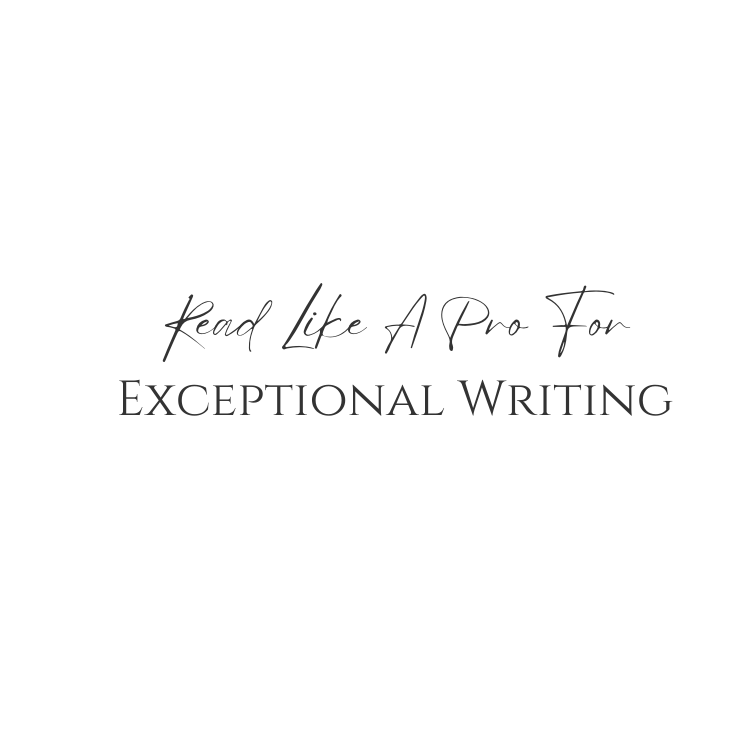Do you want to take your writing to the next level? Are you tired of writing the same old boring pieces? Well, it’s time to catch hell and improve. That’s right, embracing criticism and controversy can actually help you become a better writer.

In this article, we’ll explore the tips and tricks that can help you develop a unique voice and sharpen your copy chops.
From listening and reading to thinking like a psychologist, we’ll cover all the essential techniques that will take your writing to the next level.
So buckle up and get ready to catch hell, because it’s time to become the best writer you can be.
Key Takeaways
- Embrace criticism and controversy to identify areas for improvement and encourage self-reflection.
- Develop strong reading habits and listen to successful writers to develop foundational skills and a unique voice.
- Thinking like a psychologist and experimenting with different tones, sentence structures, and word choices can improve writing skills.
- Catching hell can sharpen copy chops and foster resilience, challenging deeply held beliefs or values.
Becoming a Better Writer: Mastering the Craft of Better Writing
You may think catching hell is the last thing you need to become a better writer, but ironically, embracing controversy can actually sharpen your copy chops.

However, before diving into the art of catching hell, there are a few foundational skills to master. Developing strong reading habits is key, as it exposes you to different writing styles and expands your vocabulary. Listening to podcasts can also be helpful in improving your writing, as you can learn from successful writers and get inspiration for your own work.
Another useful technique is thinking like a psychologist. Understanding the human psyche can help you create more compelling characters and storylines. Additionally, developing a sense of humor can make your writing more engaging and memorable.
These foundational skills, combined with the willingness to embrace controversy, can help take your writing to the next level.
Developing a Unique Voice
To develop a unique voice, start by finding inspiration from a variety of sources. Read books, blogs, and articles from different genres and observe how different authors use language and structure to convey their ideas. Take note of what works and what doesn’t, and experiment with incorporating those elements into your own writing style.

Another way to develop a unique voice is to experiment with style. Try writing in different tones, from humorous to serious, and see how your writing changes. Play with sentence structure and word choice to create a distinct tone and rhythm.
Remember, developing a unique voice takes time and practice, but with persistence and dedication, you can create a style that stands out and captures your audience’s attention.
Embracing Criticism and Conflict
Embracing criticism and conflict can be a necessary evil for a writer who wants to develop a strong and unique voice. While it can be uncomfortable to receive negative feedback, it can also be a valuable opportunity for growth. Criticism can help writers identify areas where they need to improve, and conflict can force them to examine their beliefs and values more closely.
In the table below, we outline some of the potential benefits and challenges of embracing criticism and conflict in your writing journey. By understanding these factors, you can better navigate the ups and downs of the writing process and emerge as a more confident and skilled writer.
| Benefit | Challenge |
|---|---|
| Helps identify areas for improvement | Can be uncomfortable or painful |
| Encourages self-reflection | Can lead to self-doubt or insecurity |
| Builds resilience | Can be difficult to accept criticism gracefully |
| Promotes growth and learning | Can be a source of conflict or tension |
| Fosters a stronger sense of self | Can challenge deeply held beliefs or values |
Conflict can also serve as a catalyst for growth and change. By pushing writers out of their comfort zones, it can help them explore new ideas and perspectives, and ultimately lead to more creative and powerful writing. In this way, embracing criticism and conflict can be a valuable tool for any writer who wants to develop a voice that is both unique and impactful.




